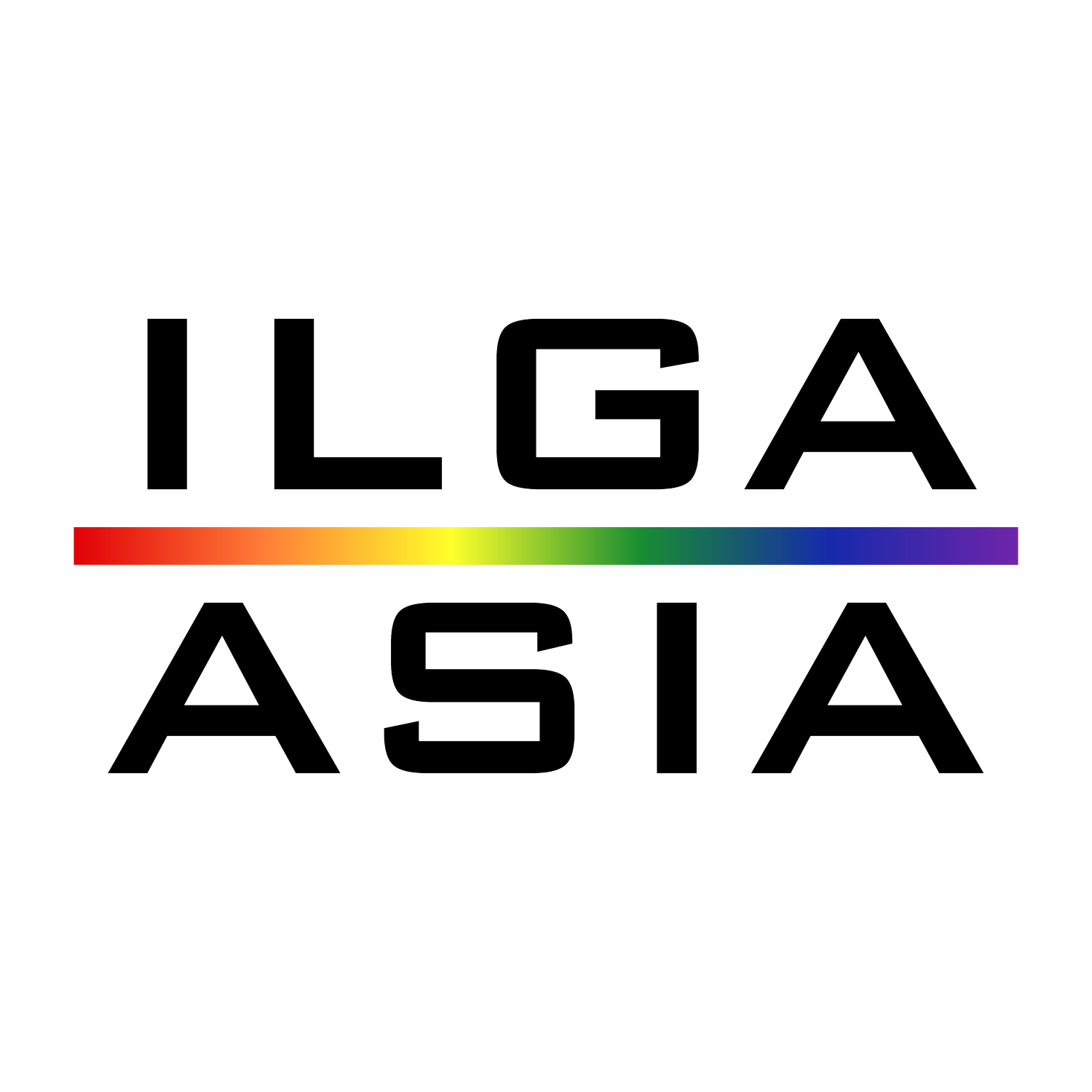Call for applications - Utilizing UN Mechanisms to Promote Human Rights for LGBTI Community in South and Southeast Asia
Introduction
ILGA Asia, ASEAN SOGIE Caucus, Fortify Rights, Manushya Foundation, Sangsan Anakot Yawachon, and COC Netherlands are organizing a training on monitoring and reporting human rights violations targeting LGBTI people in South and Southeast Asia to UN mechanisms. The training will take place from November 12-16, 2018 in Bangkok, Thailand. The objectives of the training are:
- To review effective strategies and remaining challenges in engaging UN mechanisms in South and Southeast Asia;
- To appreciate the value of human rights principles and UN mechanisms in supporting domestic advocacy;
- To increase the understanding of key UN mechanisms (treaty-bodies, UPR, special procedures) and how they complement each other;
- To integrate the use of UN mechanisms in advocacy for LGBTI rights in South and Southeast Asia.
The training is our continuous efforts to strengthen capacity of the LGBTI community in Asia on the use of UN mechanisms to promote human rights and domestic advocacy. We are looking for the following candidates to join our workshop:
- Local LGBTI activists who seek to deepen their knowledge and skills on both monitoring and reporting human rights violations against LGBTI people, and sharing their prior experience in using one of the UN mechanisms;
- Candidates are requested to submit a letter of motivation in this application;
- Countries and territories in South and Southeast Asia;
- Priority will be given to those who identify as LBQ women, trans or intersex;
- Working knowledge of English is necessary to understand the workshop.
Should you be interested in our training, please apply for scholarship through this form by 23:59 ICT (GMT+7), September 9th, 2018. The scholarship will cover the cost of transportation between your country and Bangkok, accommodation and meal allowance during your stay, and visa to Thailand.
We will confirm the selection by September 30th.
Should you have any question, please send an email to info@ilgaasia.org.
Background
In 2016, the Human Rights Council created a new mandate - the Independent Expert on violence and discrimination on the basis of sexual orientation and gender identity - the first institutionalized mechanism within the UN that will focus on the rights of LGBTIQ persons. The mandate holder’s role is to assess implementation of existing international human rights instruments, identify good practices and gaps, and to engage in dialogue with various stakeholders in improving the human rights situations of LGBTIQ people. The mandate creates yet another opportunity for the LGBTI community in Asia to engage with UN mechanisms to protect and promote their rights.
These tools have been existing for at least a decade now, as in the case for the UPR, and their use has been gradually increasing within the LGBTI community and those allies who support LGBTI rights. Despite that, they are still inaccessible to many LGBTI human rights defenders in Asia due to lack of resources and information in native language. The size and diversity of LGBTI communities in Asia with different cultural, social-economical background and political structure also makes it challenging to have a one-fit-all model to be useful for everyone to learn about human rights mechanisms.
These years have allowed experts and human rights defenders to draw some effective practices in using these mechanisms to promote the human rights of LGBTI people in their countries. Knowledge of the tools and how to use them effectively will help LGBTI activists, especially the LBQ women, trans men and intersex people, echo their voice at the international level and influence their government to fulfill their commitment with their citizens and the international community. The knowledge will also help them apply human rights based approach to their program, ensuring that other rights of an LGBTI person are not being overlooked and compromised while promoting certain rights. Participation from LGBTI activists will help to raise the bar and increase the participation of Asia in documenting violations and implementing human rights obligations.
Drawing from the feedbacks of the previous training sessions, a second training for South and Southeast Asia will reach out to countries that were not included in the first session, and will also aim for more extensive contents and exercises. This second training will emphasize the integration of UN mechanisms as one of the tools to support the advocacy strategy that local LGBTI community has been pursuing.



